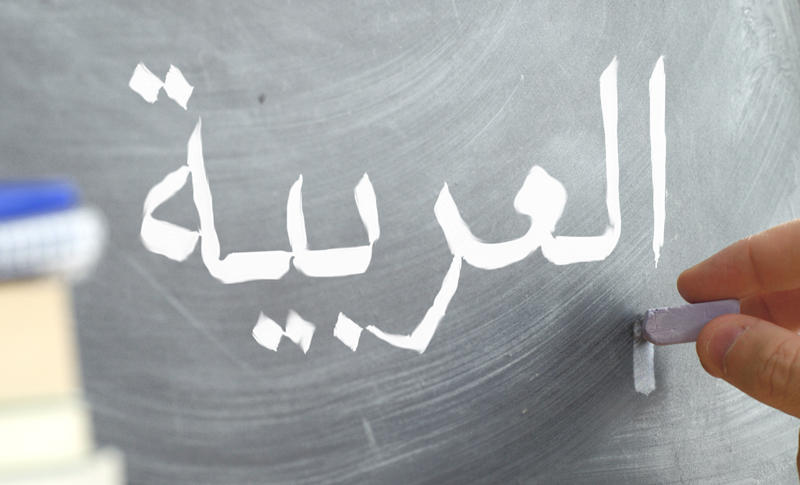Honor Your Mother Tongue
The Center for Lebanese Heritage strives to safeguard Arabic and warns against corrupting our language.
Our mother tongue defines us as a people. It is the embodiment of our traditions and our history, and an everlasting link to our ancestry. Neglecting it would be tantamount not only to discarding our national and cultural heritage, but also one of the most ancient and richest languages in the world.
In 2001, the United Nations Educational Scientific and Cultural Organization (UNESCO) proclaimed December 18 as the International Day of the Arabic Language, in recognition of its contribution to science, philosophy and the arts.
Two years prior, and in a bid to preserve cultural diversity through fading mother tongues, UNESCO designated February 21 as International Mother Language Day.
Combining both celebratory events, Henri Zoghaib, director of LAU’s Center for Lebanese Heritage (CLH), decided to dedicate not one day, but an entire month to our mother tongue, which, despite its noble role in the dissemination of knowledge, has become endangered. The six interactive “Arabic Language Discussions,” will be held from February 21 until March 21 on LAU’s Beirut campus and are open to the public.
The danger of losing our native language, according to Zoghaib, can be attributed to inadequate textbooks and teaching methods, as well as the home environment.
“The problem is that not all school books are appealing to students, and teachers are sometimes unable to get the children to enjoy the language,” Zoghaib says. “Nor is Arabic being taught at home, where foreign words constantly creep into conversations. We are losing focus, latching onto the first word that comes to mind.” This results in a confusion of languages, and mixing Arabic, English and French in speech – a practice known in linguistics as “code-switching.”
Asked whether our multilingualism may be the culprit in that respect, Zoghaib says it is not. “It is great that we are polyglots, as multilingualism is enriching. Every new language is a newly acquired culture. But we should make the effort when we are speaking to stick to one language at any one time.”
During the Arabic Language Discussions, CLH will be hosting six prominent figures in media, education, advertising, literature, business and the arts. “Our choice of speakers,” explains Zoghaib, “was determined by their contributions to their respective fields and their high regard for and correct usage of their language.”
These include journalist and TV host Marcel Ghanem; music composer and lyricist Ahmad Kaabour; education consultant Najla Bashour; calligrapher Mahmoud Baayoun; actor and playwright Georges Khabbaz; and advertising director Omar Sadek.
The discussions will center on ways to encourage proper usage of Arabic. Topics will cover language inaccuracies in media and advertising, textbooks and children’s books and how they can be improved, the interaction between the spoken and written language, the beauty of Arabic script, and recommendations on employing standard Lebanese dialect in lyrics and plays.
Zoghaib is determined to promote accuracy in our mother tongue and adherence to the rules of classical, or written, Arabic. Too often, he says, he sees it misused if not abused in signs, billboards, broadcasting, speech and other media. This, he hopes, can be rectified by impressing on the public the need to refrain from corrupting the language. “The correct language leads to the right way of thinking,” he says. “Ultimately, language is the way.”
